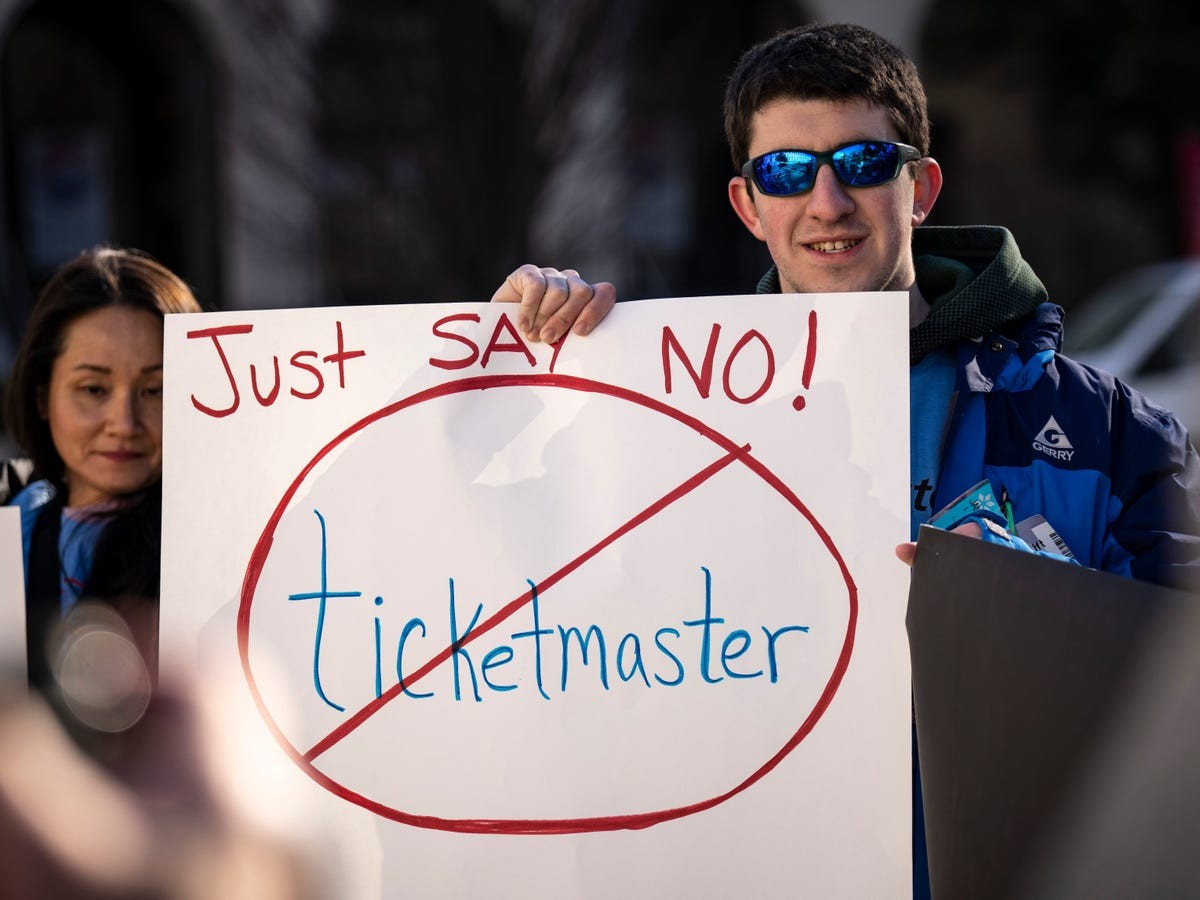
In a troubling trend, cybercriminals are increasingly setting their sights on Ticketmaster users, pilfering tickets directly from customer accounts. This surge in hacking activity has left many concertgoers and sports fans frustrated and out of pocket, with limited recourse due to Ticketmaster's dominant position in the event ticketing market.
Reports of unauthorized access to Ticketmaster accounts have been on the rise, with hackers exploiting vulnerabilities to gain entry and swiftly transfer purchased tickets to other accounts. The stolen tickets are then resold on secondary markets, often at inflated prices, leaving the original buyers empty-handed and facing the prospect of repurchasing tickets at higher costs.
The issue is compounded by Ticketmaster's near-monopoly in many markets, which leaves customers with few alternatives when seeking tickets for popular events. As the primary authorized seller for numerous venues and artists, Ticketmaster's platform is often the sole legitimate source for tickets, forcing consumers to use the service despite security concerns.
Cybersecurity experts advise users to take precautions such as using strong, unique passwords and enabling two-factor authentication where available. However, many argue that the onus should be on Ticketmaster to bolster its security measures and protect its customers' accounts more effectively.
As frustrations mount, some consumers and advocacy groups are calling for greater scrutiny of Ticketmaster's practices and increased competition in the ticketing industry. Until then, customers find themselves caught between the risk of hacked accounts and the necessity of using Ticketmaster's services for many events.
The ongoing situation highlights the broader challenges of digital security in an era where online transactions are increasingly the norm. As hackers continue to target popular platforms, the need for robust security measures and consumer protections becomes ever more apparent.